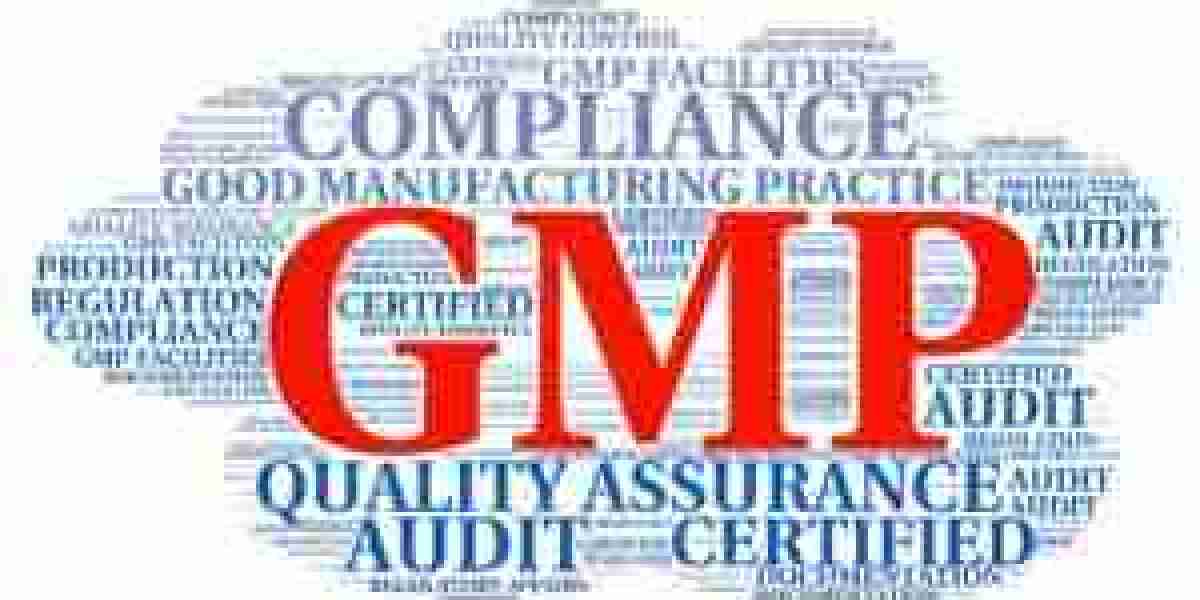In the pharmaceutical, food, and medical device industries, ensuring the safety and quality of products is of paramount importance. Good Manufacturing Practices (GMP) training plays a pivotal role in achieving this goal. GMP training is a comprehensive program that equips professionals with the knowledge and skills required to maintain the highest standards of quality, safety, and compliance within their respective industries.
The Foundation of Quality Assurance
GMP regulations are established by regulatory authorities like the U.S. Food and Drug Administration (FDA) and the World Health Organization (WHO) to guarantee the consistency, safety, and efficacy of products. GMP training serves as the foundation for ensuring that these regulations are followed diligently. It covers various aspects, including facility cleanliness, equipment calibration, record-keeping, personnel hygiene, and product testing. With this training, professionals are equipped to understand and apply these principles effectively in their daily work.
Compliance and Risk Mitigation
GMP training is not just about adhering to regulations; it's also about risk mitigation. Non-compliance with GMP standards can lead to severe consequences, including product recalls, regulatory actions, and damage to a company's reputation. Through GMP training, professionals learn how to identify and rectify potential compliance issues, minimizing the risks associated with product quality and safety.
Enhanced Product Quality
One of the core benefits of GMP training is its direct impact on product quality. Well-trained staff are better equipped to handle materials, equipment, and processes in a way that minimizes the risk of contamination and ensures consistency in product quality. As a result, GMP training is a key driver in producing high-quality, safe, and effective products that meet or exceed consumer expectations.
Continuous Improvement and Adaptability
GMP training is not a one-time event; it is an ongoing process that encourages a culture of continuous improvement. Professionals learn to monitor processes, identify areas for enhancement, and implement necessary changes. This adaptability is crucial, especially in rapidly evolving industries where new technologies and regulatory standards frequently emerge.
Conclusion
In today's highly regulated industries, GMP training is not merely an option; it is a necessity. It provides professionals with the knowledge and skills required to maintain the highest standards of quality, safety, and compliance. GMP training not only ensures compliance with regulatory standards but also enhances product quality, reduces risks, and fosters a culture of continuous improvement within organizations. As a result, it serves as a linchpin for nurturing quality and ensuring the safety of pharmaceuticals, food, and medical devices that reach consumers' hands. In an era where product integrity and consumer trust are paramount, GMP training is an investment that pays substantial dividends.







